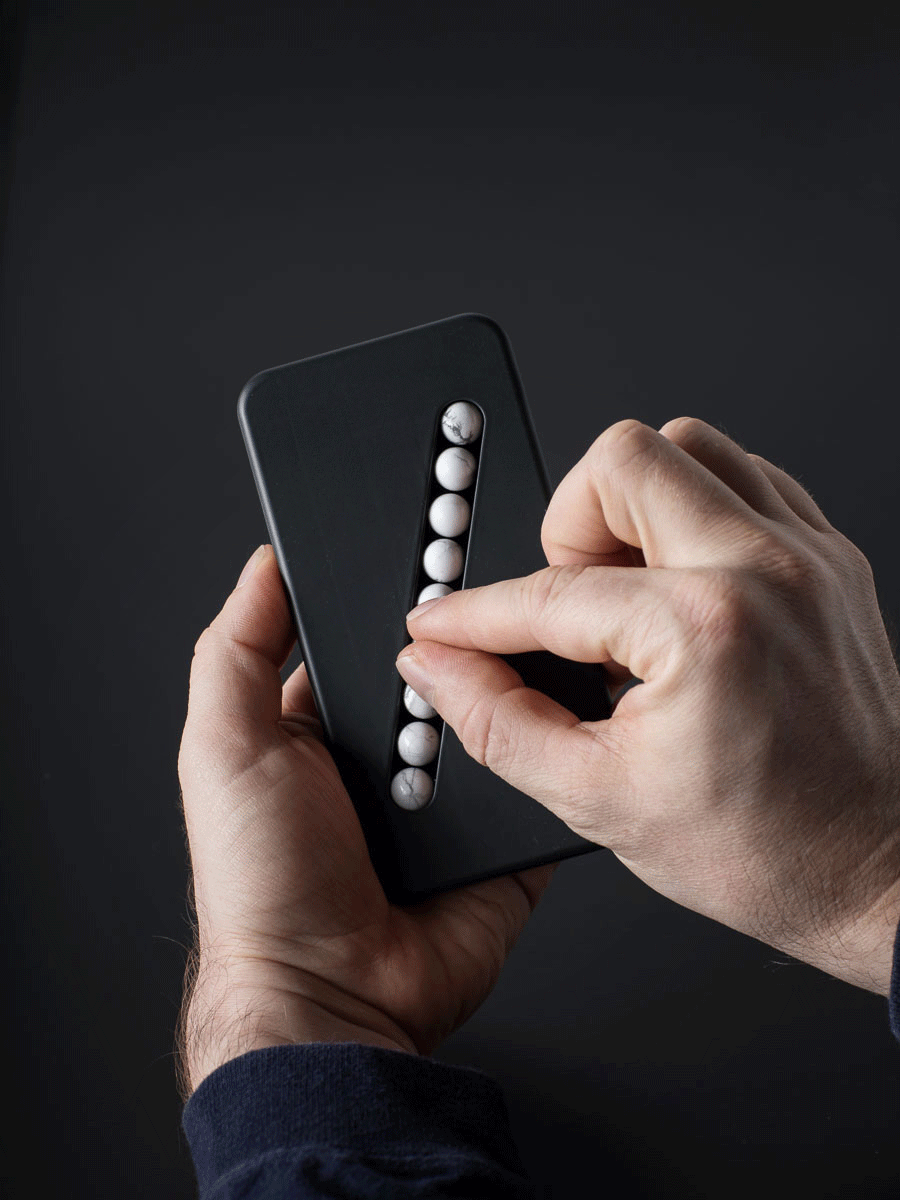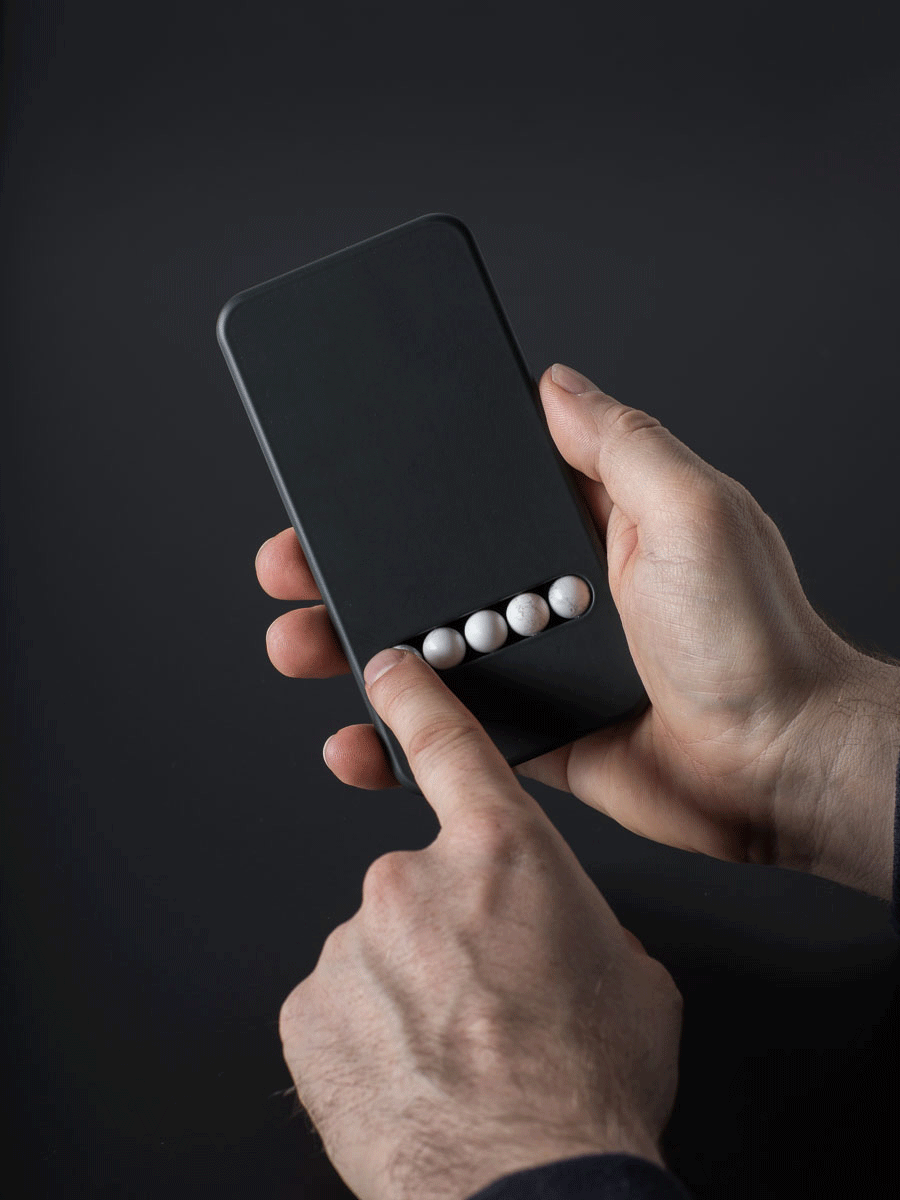A new consumer report has found that modern society is more dependent on smartphones than ever before, so much so that some say they’re prepared to give up a daily bath or human contact for a Wi-Fi connection.

The 2017 Mobile Professionals Report from iPass Inc., a mobile technology company, surveyed 1,700 professionals worldwide and concluded that “people are addicted to Wi-Fi” and are “so dependent on their smartphones that they will break social etiquette to use them.”
They found that seven per cent of those surveyed have checked their phones in the middle of sex and 11 per cent admitted to sneaking a peek at their phones during a funeral.
“If there were any doubt, our report proves that social etiquette is a thing of the past when it comes to smartphone use,” said iPass chief commercial officer Patricia Hume. “Technology, particularly smartphones have become an integral part of our lives, so much so, that there’s no scenario in which people won’t check their phone.”
Austrian product designer Klemens Schillinger noticed this distracting tendency in his own life that he was inspired to create what he calls a “substitute phone.”
“It’s basically just an object that could be used for someone who is always using their phone and always wants to check their messages. In case the urge comes to check a message, they have an object in their pocket that is similar in size and weight but has no digital functions. The only functions it has are scrolling motions,” Schillinger told Global News.
He designed the product for a local design exhibition called “Offline” and only expected to show it as an art piece, but says he’s received many requests from people around the world who are interested in buying the substitute phone for themselves or for their children. (He says he is considering producing his design in large quantities and making it available to purchase.)
“The smartphone is incredibly helpful and very useful. It’s just that sometimes it’s a distraction when there is no need to check it, for example. And you still do it because you’ve conditioned yourself to do it,” he said.

Get breaking National news
And he’s right.
University of Toronto psychology professor Steve Joordens compares our dependency on smartphones to alcohol addiction.
“If you think of it like alcohol, imagine having to have a bottle with you at all times, just in case. That’s almost where we are at,” he said.
He explained that our phones trigger dopamine (the “feel-good chemical”) in our brains with the randomized rewards we get, such as the “likes” on our social posts, a new email or a text message.
“That unpredictability of a reward is very addicting. You start chasing that reward and start looking for it,” said Joordens.
We’re looking for it so much that giving up Wi-Fi would be harder than giving up on other vices such as sex, drugs, smoking and alcohol, according to the iPass survey.
“Many people are helplessly dependent on their smartphones, or even addicted, and our survey certainly proves as much. Rightly or wrongly, people crave this connectivity,” said Hume.
“You can decry their use, but there’s also no doubting the benefits of today’s always-on lifestyle. All our lives have changed forever as a result of being more connected – in many ways for the better. We have access to the world’s best entertainment and our distant loved ones at our fingertips. It’s no wonder that people find it difficult to give this up.”
Schillinger hopes his design will help users ease up on constantly checking their phones.
“I’m not a doctor or a consultant with psychologists, but I just think this object has this calming, soothing finger massage that could be used as a withdrawal symptom cure. Or used in between you giving up your phone and getting off the addiction, using it as a substitute action.”
— with files from Emanuela Campanella










Comments